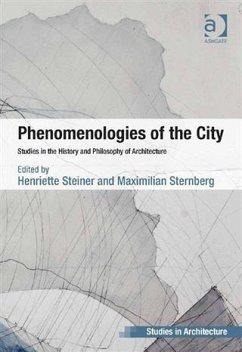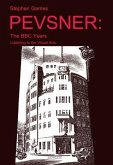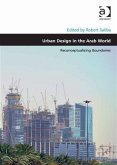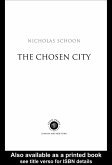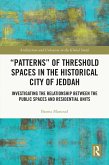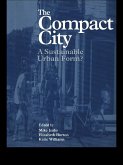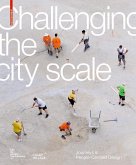Phenomenologies of the City: Studies in the History and Philosophy of Architecture brings architecture and urbanism into dialogue with phenomenology. Phenomenology has informed debate about the city from social sciences to cultural studies. Within architecture, however, phenomenological inquiry has been neglecting the question of the city. Addressing this lacuna, this book suggests that the city presents not only the richest, but also the politically most urgent horizon of reference for philosophical reflection on the cultural and ethical dimensions of architecture.The contributors to this volume are architects and scholars of urbanism. Some have backgrounds in literature, history, religious studies, and art history. The book features 16 chapters by younger scholars as well as established thinkers including Peter Carl, David Leatherbarrow, Alberto Prez-Gmez, Wendy Pullan and Dalibor Vesely. Rather than developing a single theoretical statement, the book addresses architectures relationship with the city in a wide range of historical and contemporary contexts.The chapters trace hidden genealogies, and explore the ruptures as much as the persistence of recurrent cultural motifs. Together, these interconnected phenomenologies of the city raise simple but fundamental questions: What is the city for, how is it ordered, and how can it be understood? The book does not advocate a return to a nave sense of unity or order. Rather, it investigates how architecture can generate meaning and forge as well as contest social and cultural representations.
Dieser Download kann aus rechtlichen Gründen nur mit Rechnungsadresse in A, B, BG, CY, CZ, D, DK, EW, E, FIN, F, GR, HR, H, IRL, I, LT, L, LR, M, NL, PL, P, R, S, SLO, SK ausgeliefert werden.

